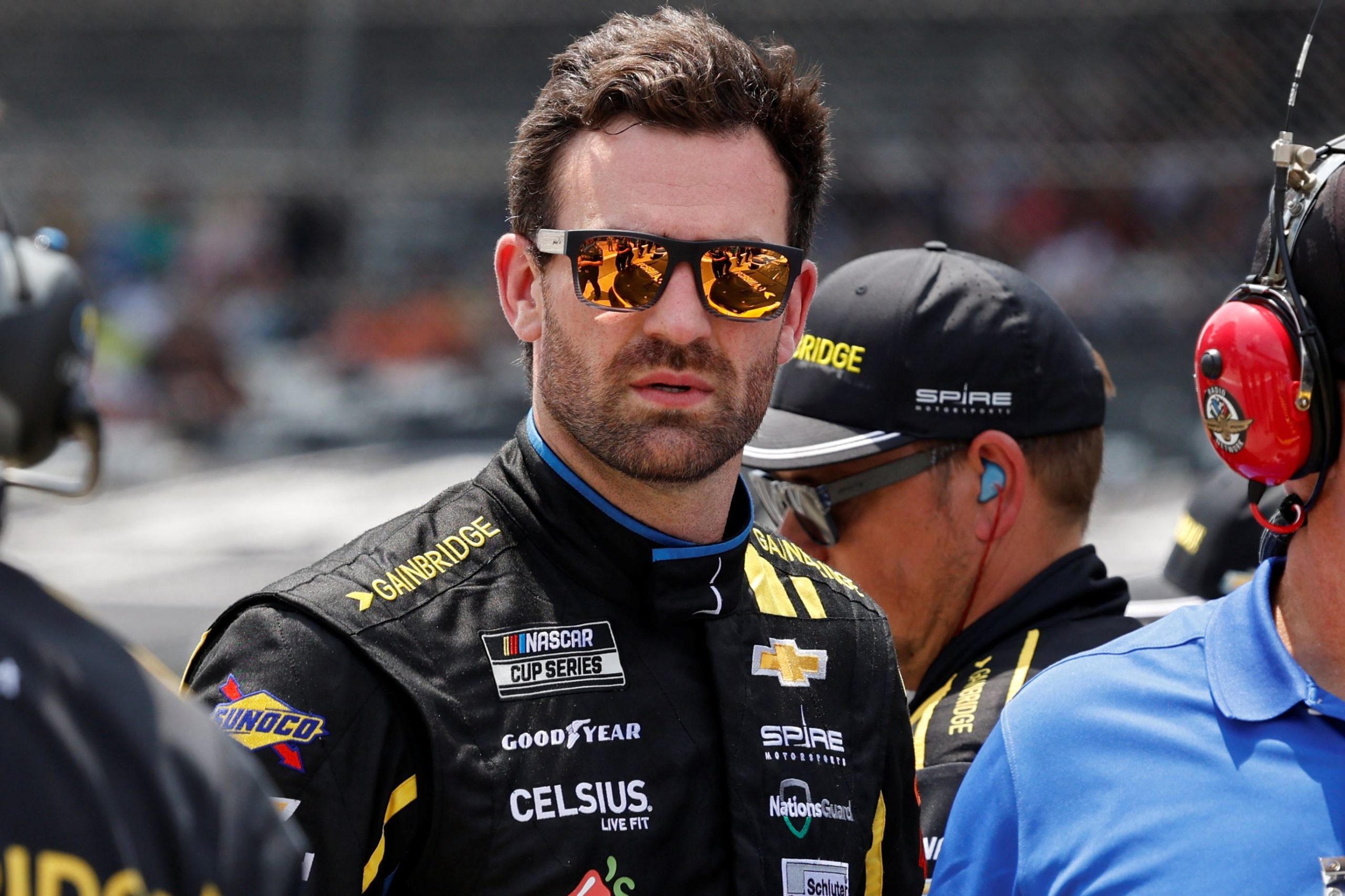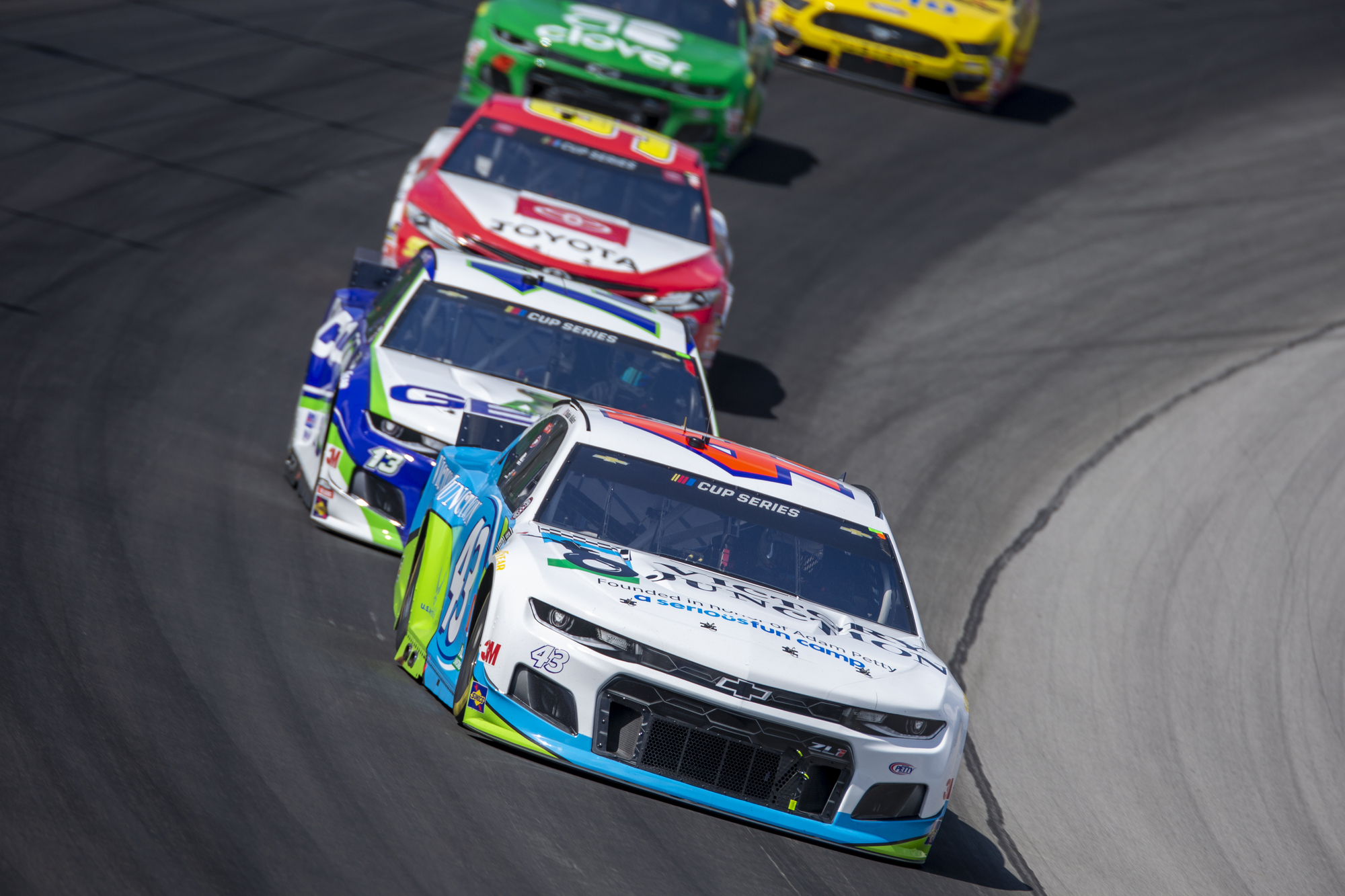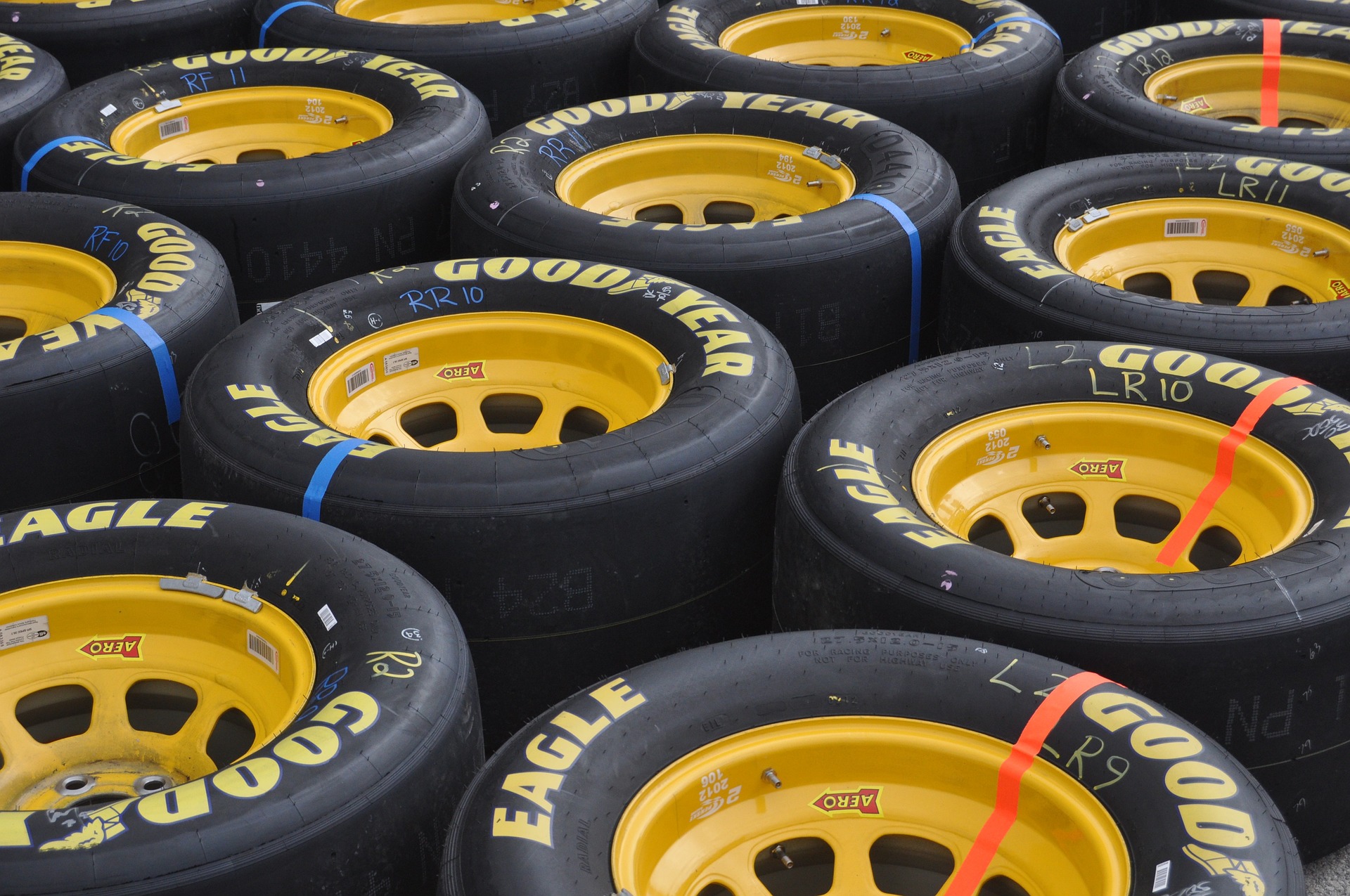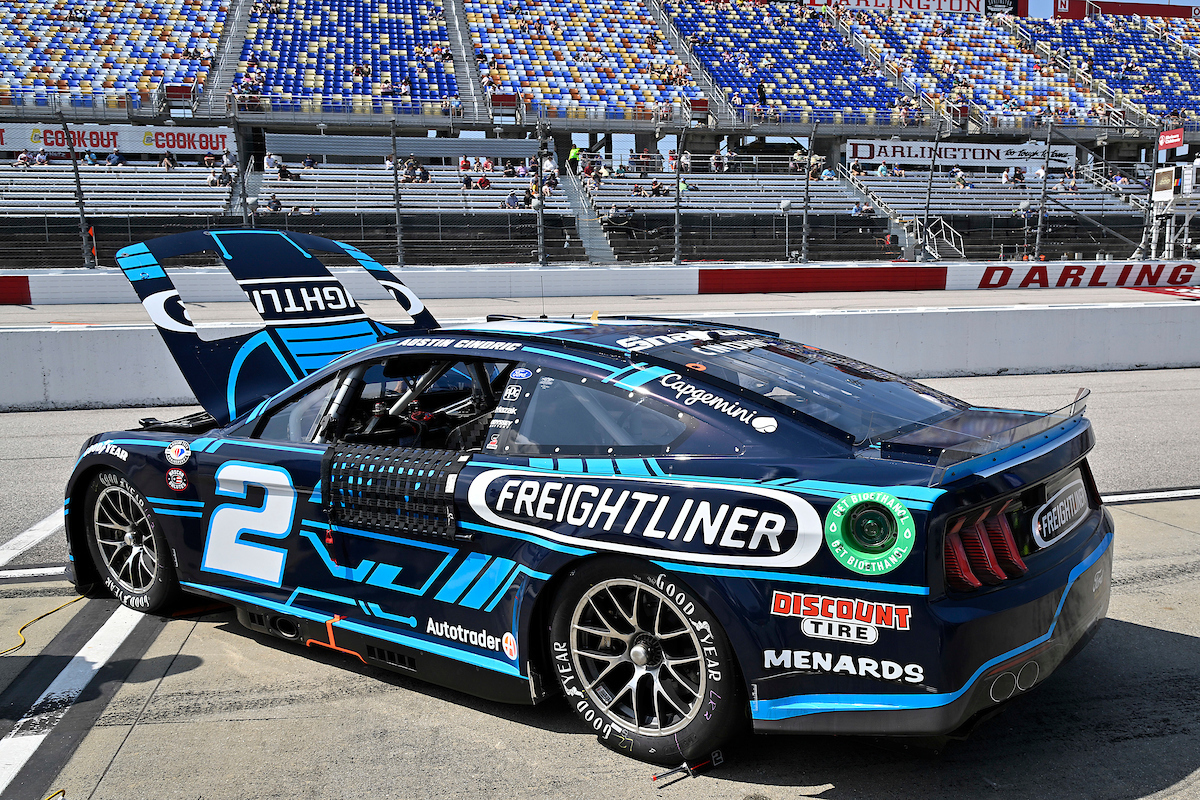Would an F1 Car Beat a NASCAR?
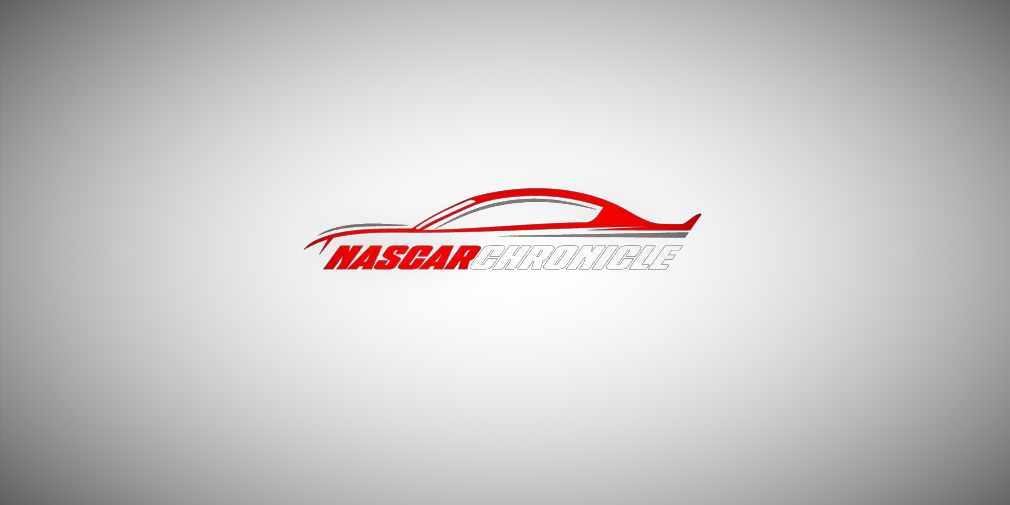
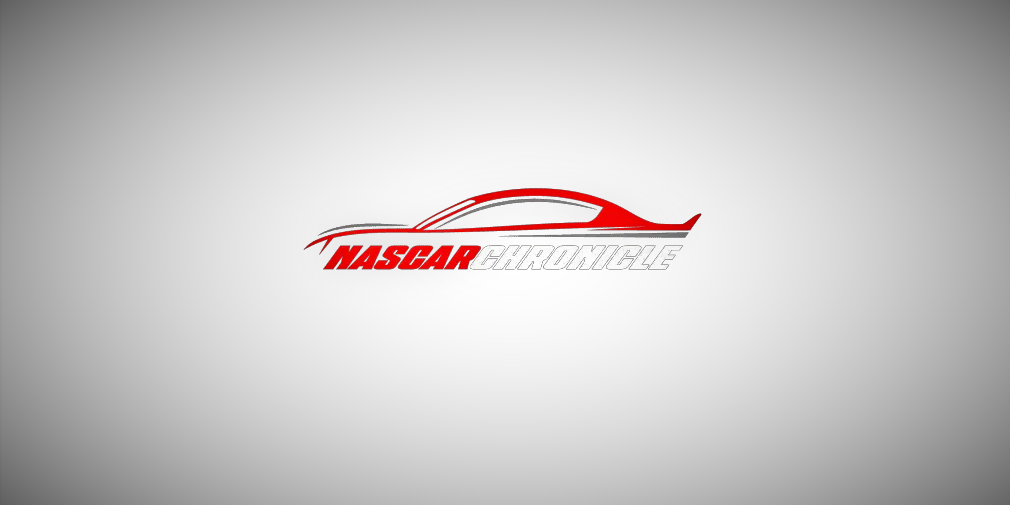
You’ve probably found yourself pondering this age-old question among motorsport enthusiasts: would an F1 car beat a NASCAR on the track? Let’s dive right into the heart of the matter.
Simply put, in a straight-line race, an F1 car would generally be faster due to its powerful engine and lightweight design. However, the outcome would vary based on the specific conditions and track design.
In this article, we will delve into the intricacies that set these two titans of the race track apart. By understanding their designs, functions, and performance, we will uncover the truth behind their racing prowess.
Table of Contents
A Detailed Explanation of the F1 vs. NASCAR Showdown
Mechanics and Design
F1 cars are designed for speed and agility. Their aerodynamic shape, combined with a lightweight carbon-fiber structure, allows for tremendous acceleration and quick cornering. With V6 turbo-hybrid engines, they produce around 1,000 horsepower. Meanwhile, NASCAR vehicles, built for endurance and durability, feature a bulkier design with a V8 engine that churns out about 750 horsepower. Their heavier build and less aerodynamic shape mean they can’t accelerate or corner as quickly as F1 cars.
Track Differences
The track plays a significant role in determining the outcome of a race. F1 races primarily occur on circuit tracks with tight corners and varying elevations. These tracks play to the strengths of an F1 car’s agility and cornering capabilities. On the other hand, NASCAR predominantly races on oval tracks, where top speed and endurance play a pivotal role. If you put an F1 car on a NASCAR oval track, it might not fare as well due to its lighter build and less emphasis on endurance.
Racing Strategy
Both sports require immense skill, but the racing strategies differ. F1 races often involve pit stops for tire changes, depending on track conditions and race length. NASCAR, while also requiring pit stops, puts a heavier emphasis on drafting and pack racing. In a hypothetical head-to-head race, the strategies employed by each team would significantly influence the outcome.
Here’s everything else you need to know to fully grasp this automotive conundrum.
Tires and Grip
Both F1 and NASCAR vehicles utilize specialized tires. F1 tires are softer, offering more grip but wearing out quicker. This is why F1 teams often change tires multiple times during a race. NASCAR tires, however, are harder and built for durability, allowing cars to maintain consistent speeds for longer stretches.
Another point to consider is the “grip” or traction of the car. F1 cars have a vast amount of downforce, which allows them to stick to the track better, especially during tight cornering. NASCARs, with their heavier design, rely more on mechanical grip.
The Role of Technology
F1 is often viewed as the pinnacle of automotive technology. Teams invest heavily in research and development to gain a competitive edge. Every component, from the engine to the brakes, is optimized for performance. Advanced electronics, telemetry, and hybrid systems are common in F1.
NASCAR, while technologically advanced, has certain restrictions to level the playing field and emphasize driver skill over car capabilities. The use of carburetors and absence of advanced hybrid systems make it a different beast compared to its F1 counterpart.
Driver Training and Experience
Driving an F1 car requires a different skill set compared to driving a NASCAR vehicle. F1 drivers undergo rigorous training to handle the high G-forces and quick reflexes needed for tight corners and fast acceleration. NASCAR drivers, while also highly trained, focus more on endurance, drafting strategies, and pack racing dynamics.
Would an F1 Car Beat a NASCAR?- Final Thoughts
In the end, the question of whether an F1 car would beat a NASCAR isn’t black and white. While an F1 car boasts superior acceleration and cornering abilities, a NASCAR vehicle shines in endurance and top speed on oval tracks. It’s like comparing apples to oranges – both are fruits, but they offer different flavors and textures. What’s undeniable is the passion, skill, and engineering marvel behind both these racing legends. Whatever your preference, one thing’s for sure: the world of motorsports is a thrilling arena that never fails to excite.
Would an F1 Car Beat a NASCAR?- FAQs
Can F1 and NASCAR cars switch tracks?
While technically possible, it’s not practical. F1 cars aren’t designed for oval tracks, and NASCAR vehicles would struggle with the tight corners of F1 circuits.
Why do F1 cars seem more technologically advanced?
F1 places a strong emphasis on innovation, with teams constantly researching and developing new technologies to gain an edge.
Are there any crossover drivers who’ve raced in both F1 and NASCAR?
Yes, a few drivers have transitioned between the two, like Juan Pablo Montoya, but such crossovers are rare due to the distinct skills required for each.


